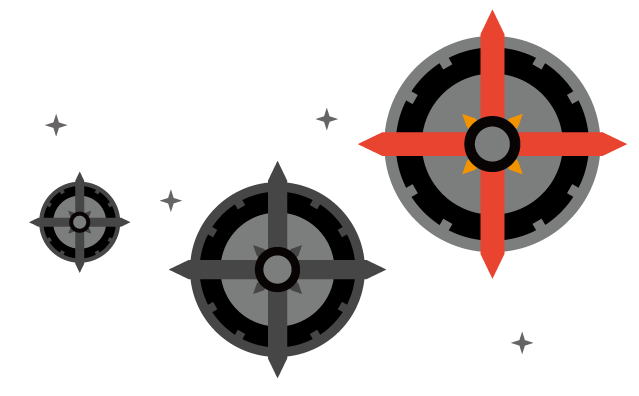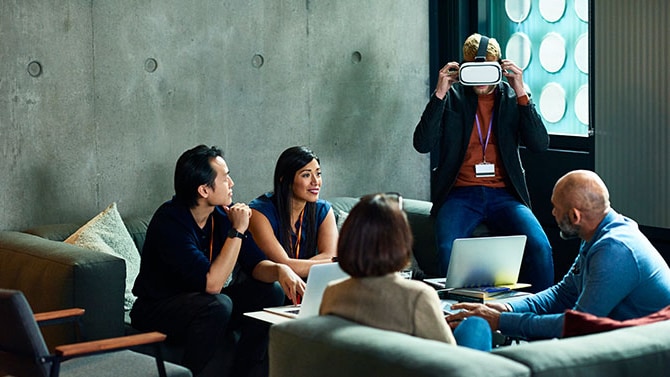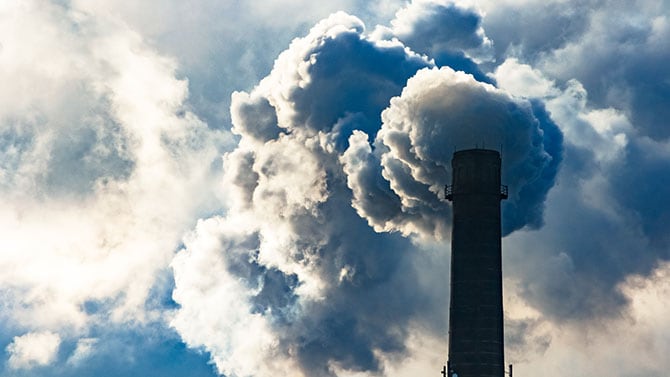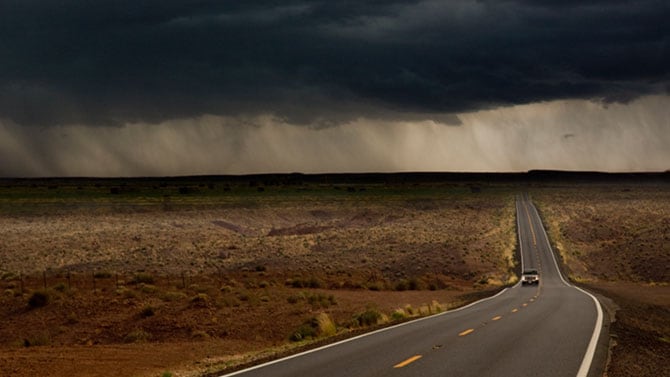
Overview of the project
The project was launched as a team of six members, all in their third to fifth years with PricewaterhouseCoopera Aarata LLC (PwC Aarata), as an effort to examine what PwC and our people need to do to build sustained trust in an ever-changing society and economy.
By involving members of younger generations, who tend to be highly sensitive to today’s changing times and values, in our strategic planning, as opposed to only experienced members of management, we believe that we can encourage our younger people to develop their own perspectives on the future of our society, and foster a highly autonomous organizational culture that enables each of our people to bring a management perspective to their day-to-day work.
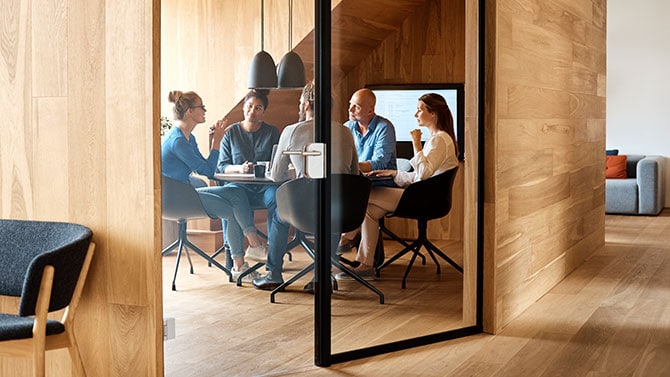

The team looked back at past events in an effort to understand the nature, structure and recurring patterns in events that have occurred to date. Then, they discussed and modelled potential near futures, and came up with four possible scenarios.
In scenario planning, it is important to define key issues—areas that are highly uncertain and difficult to predict. Our team defined the following four key issues: politics and economics, climate change, technology and trust.
They then constructed four major scenarios which diverged depending on whether or not each key issue* was able to be brough under control. In this report, we take a look at the four scenarios from the perspectives of where our society is headed and what role we should play along that path.
*Technology was considered alongside the other elements when developing each scenario.
Video introducing the four scenarios
Where is our society headed?
What role should we play along that path?
Let's take a look at the four scenarios.
What can we do in the future world?
We've used politics and economics, climate change and trust to consider four scenarios for the world ten years from now. These scenarios are not just fiction.
Since the beginning of the 21st century, our world has seen previously unimaginable crises arise one after another.
In this world of great uncertainty, any of these scenarios is plausible.
At PwC, our Purpose is to build trust in society and solve important problems.
Although each of these four scenarios calls for a different type of trust, our Purpose itself remains the same.
Each of our people understands this Purpose, and by changing flexibly with the times and acting to overcome these challenges, we continue to build trust in this ever-changing society.
What will the world look like ten years from now?
Our mission is to imagine and create a brighter future.
